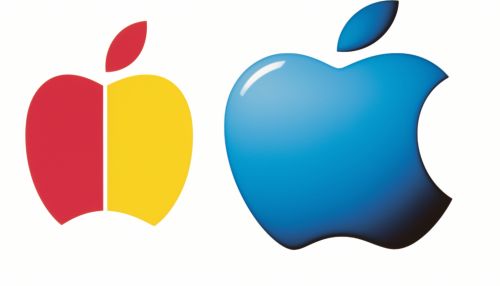Microsoft
History
Microsoft Corporation is an American multinational technology company that was founded by Bill Gates and Paul Allen on April 4, 1975. The company's early years were marked by rapid growth and expansion, as it quickly became a key player in the burgeoning personal computer industry. Microsoft's initial public offering (IPO) took place on March 13, 1986, and it has since grown into one of the world's most valuable companies.


The company's first product was a version of the programming language BASIC for the Altair 8800, an early personal computer. However, Microsoft's breakthrough came in 1980 when it was contracted by IBM to provide the operating system for its upcoming PC. This operating system, known as MS-DOS, became the de facto standard for PCs and established Microsoft's dominance in the industry.
In 1985, Microsoft released Windows 1.0, a graphical operating system shell for MS-DOS. This marked the beginning of the Windows line of operating systems, which has since become the most widely used operating system in the world.
Products and Services
Microsoft's product line has expanded significantly since its founding. Today, the company offers a wide range of software, hardware, and services.
Software
Microsoft's software offerings include operating systems, productivity software, server software, and more. The company's flagship product is the Windows operating system, which is used on the majority of personal computers worldwide. Other notable software products include the Microsoft Office suite, which includes Word, Excel, PowerPoint, and Outlook, and the Windows Server line of server operating systems.
Hardware
Microsoft has also ventured into hardware production. The company's hardware products include the Xbox line of video game consoles, the Surface line of tablets and laptops, and the HoloLens mixed reality headset.
Services
Microsoft's services include cloud computing, business services, and online services. The company's Azure platform is one of the leading providers of cloud computing services. Microsoft also offers a range of business services, including Dynamics 365, a line of enterprise resource planning and customer relationship management software applications. The company's online services include the Bing search engine, the Outlook.com email service, and the LinkedIn professional networking platform.
Impact and Influence
Microsoft's impact on the technology industry and broader society has been profound. The company's products and services have shaped the way people work, play, and communicate. Microsoft's influence can be seen in the widespread adoption of personal computers, the proliferation of productivity software, and the growth of the internet and digital economy.


Microsoft's dominance in the technology industry has also been a source of controversy. The company has faced numerous legal challenges related to its business practices, including a high-profile antitrust case in the United States in the late 1990s and early 2000s. Despite these challenges, Microsoft has remained a major force in the industry.
Future Directions
Looking ahead, Microsoft is focusing on several key areas, including cloud computing, artificial intelligence, and quantum computing. The company's Azure platform is a major player in the cloud computing market, and Microsoft is investing heavily in artificial intelligence research and development. The company is also exploring the potential of quantum computing, a revolutionary technology that could dramatically increase computing power.
